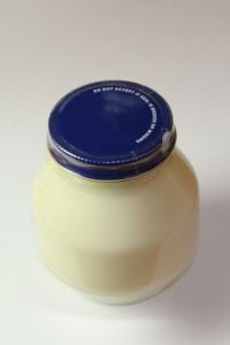VIEWPOINT: The “Mayonnaise Myth”

Photo by Jasper Golangco | SXC. |
For years, mayonnaise-based foods like potato salad and macaroni salad have taken the rap for food poisoning at summer picnics. As the story went, unrefrigerated mayo-based dishes spoiled more easily in the heat than others…or the combination of mayo with other proteins plus heat caused Salmonella. Mayonnaise should never be used in picnic foods, mother cautioned; mayo-based foods left on the kitchen counter should be tossed.
But these common misconceptions simply are not true. According to The Association for Dressings & Sauces, an international association of salad dressing, mayonnaise, mustard and other condiment manufacturers and their suppliers, commercial mayonnaise is one of the safest products you can eat. Carefully prepared under strict quality controls, mayonnaise is made with pasteurized eggs that are free of Salmonella and other dangerous bacteria. Additional ingredients such as vinegar and lemon juice create a high-acid environment that slows, and even stops, bacterial growth. The salt in the recipe also contributes to an unfavorable environment for bacteria. In fact, hazardous bacteria die off if placed in a commercially prepared mayo! |
|
| Once, there was truth in the story. Many years ago, when mayonnaise was prepared from scratch, home cooks used unpasteurized eggs, which we now know can sometimes be contaminated by Salmonella bacteria. Also, homemade mayonnaise, unlike commercial products, may not contain enough salt and vinegar to counteract the growth of harmful bacteria. While mayonnaise does contribute 100 calories a tablespoon and cholesterol from egg yolks (that’s the bad news), it is made with healthy oils such as soybean and canola. Both are natural sources of alpha-linolenic acid, an essential omega-3 fatty acid—no trans fat. Both are also a major source of vitamin E. Read the label of your favorite mayonnaise to see what healthy oils it contains (some have olive oil, for example).
|
||

